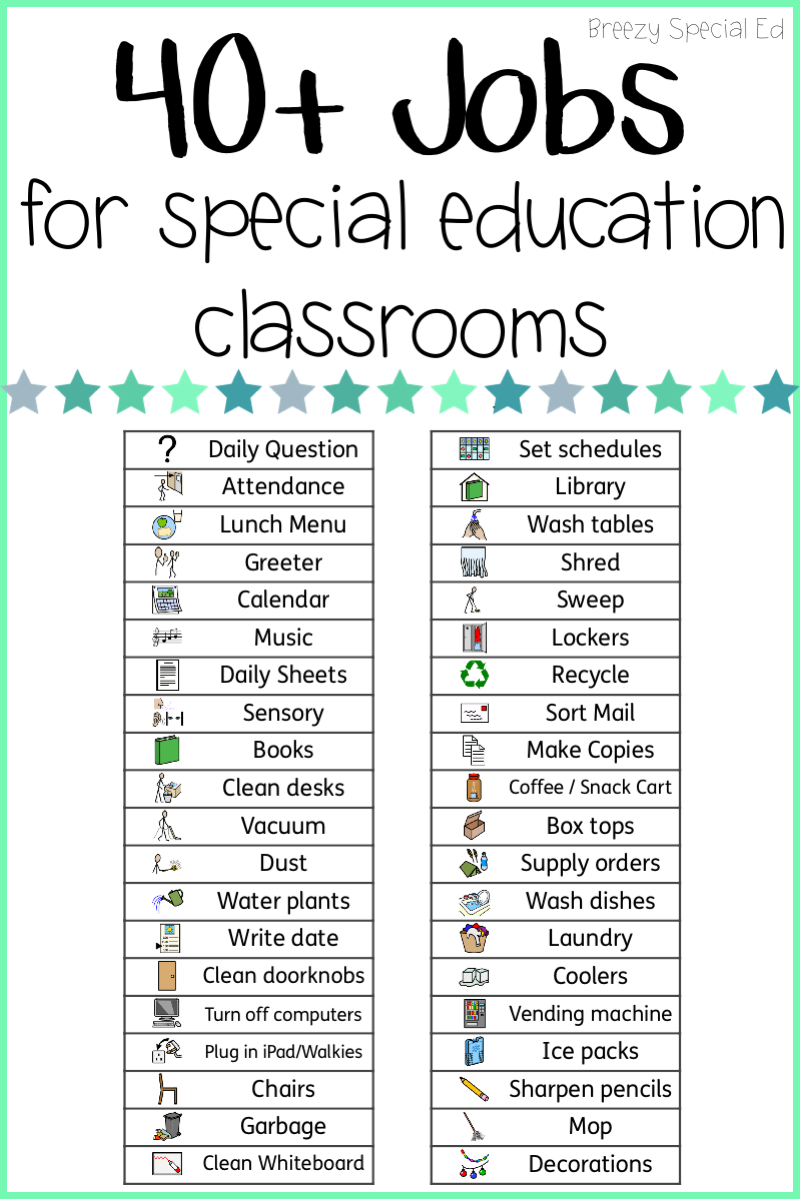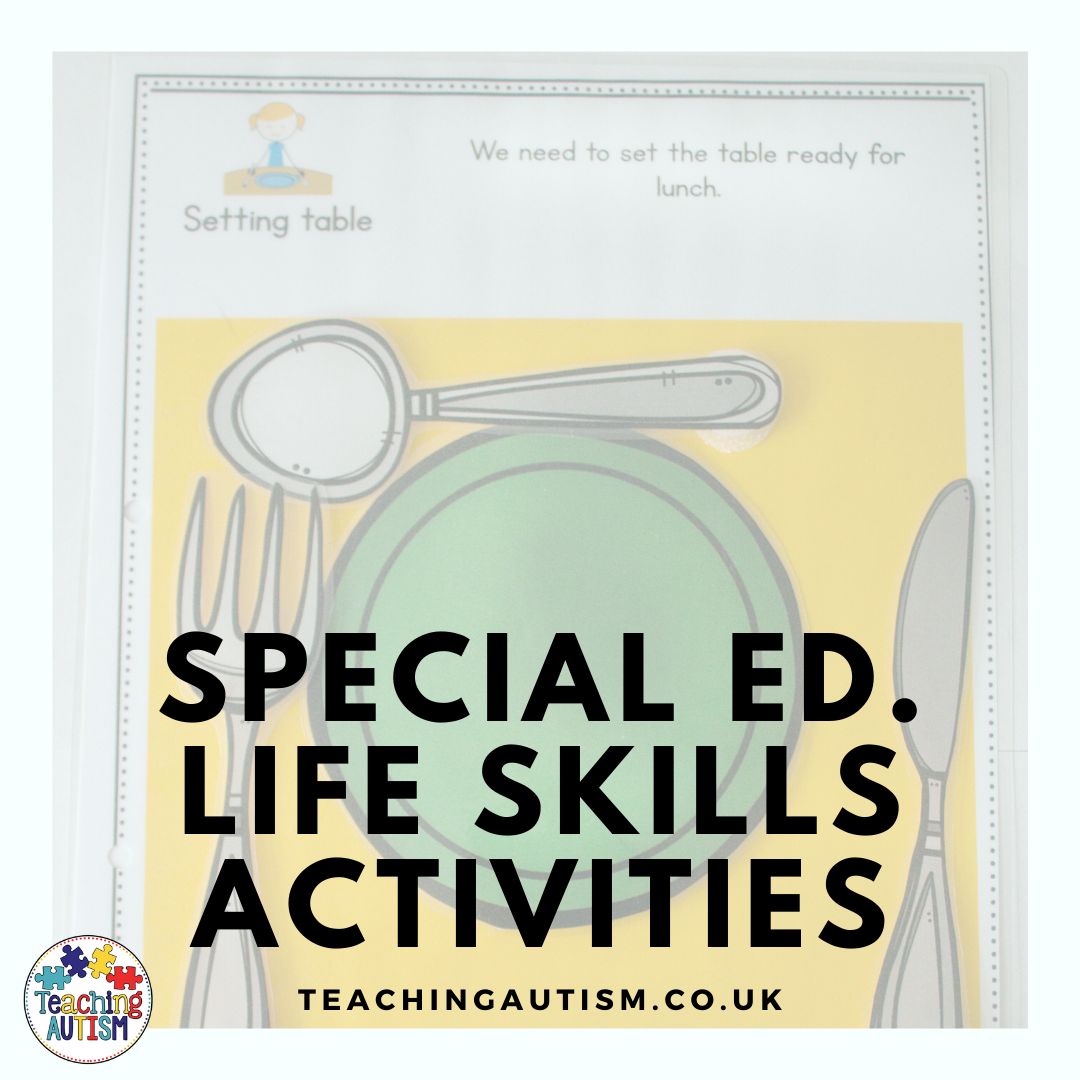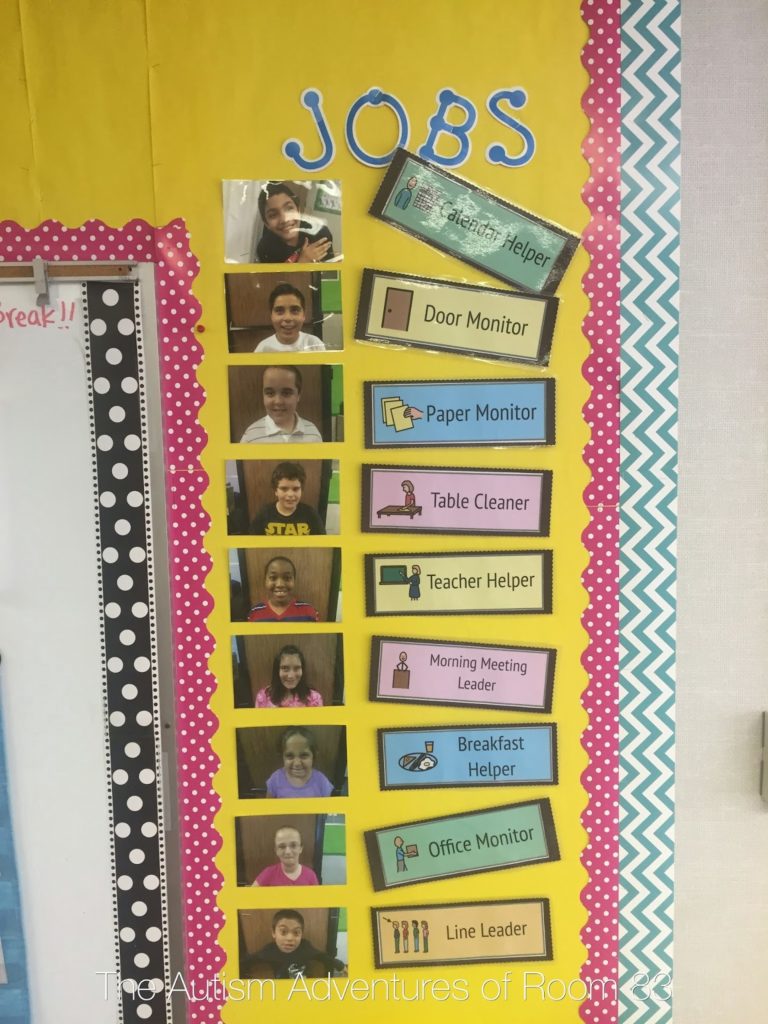
Special education classroom jobs play a crucial role in empowering students with special needs to develop necessary life skills. These jobs provide valuable opportunities for students to learn and grow while fostering independence, responsibility, and self-esteem. In this article, we will explore the significance of these jobs and how they contribute to the overall development of students with special needs.
Why Special Education Classroom Jobs Matter

Special education classroom jobs are not merely about assigning tasks; they serve as a powerful teaching tool. These jobs allow students to practice essential life skills in a structured and supportive environment. By engaging in meaningful tasks, students gain confidence, develop a sense of responsibility, and learn the value of teamwork.
Moreover, special education classroom jobs provide students with a sense of purpose and belonging. When assigned specific tasks, they feel like valued members of the classroom community, contributing to the overall functioning of the learning environment.
Types of Special Education Classroom Jobs

Special education classroom jobs encompass a wide range of responsibilities tailored to meet individual needs and abilities. Some common jobs include:
- Classroom Helper: Assisting the teacher with various tasks, such as organizing materials, distributing worksheets, or preparing visual aids.
- Attendance Monitor: Taking attendance and maintaining records to promote organizational skills.
- Line Leader: Leading the class during transitions, promoting spatial awareness and following directions.
- Materials Manager: Ensuring classroom supplies are organized and readily available, fostering organization skills.
- Peer Tutor: Providing assistance to peers with academic tasks, reinforcing learning concepts while developing empathy and patience.
- Classroom Librarian: Managing the classroom library, promoting literacy and organizational skills.
Benefits of Special Education Classroom Jobs

The implementation of special education classroom jobs brings forth numerous benefits for students. Let's explore some of these benefits:
1. Skill Development:

Special education classroom jobs provide students with valuable opportunities to develop a wide range of skills. From fine motor skills involved in organizing materials to communication skills when interacting with peers, each job offers unique learning experiences.
2. Independence and Responsibility:

By assigning classroom jobs, students with special needs learn to take ownership of their responsibilities. They become more independent, accountable, and reliable, which can greatly benefit them in their future endeavors.
3. Social and Emotional Growth:

Engaging in classroom jobs allows students to interact with their peers and develop social skills. They learn to work collaboratively, communicate effectively, and understand the importance of teamwork. Additionally, these jobs instill a sense of pride and accomplishment, boosting students' self-esteem and overall emotional well-being.
4. Generalization of Skills:

Skills learned through special education classroom jobs can be generalized to various real-life situations. Whether it's organizing personal belongings or helping with household chores, students can apply their acquired skills beyond the classroom, promoting greater independence and self-sufficiency.
Creating an Inclusive Environment through Classroom Jobs

Special education classroom jobs contribute to the creation of an inclusive learning environment where all students feel valued and respected. By involving students with special needs in meaningful tasks, their unique abilities are celebrated, promoting a sense of belonging and acceptance among their peers.
It is essential to ensure that classroom jobs are rotated regularly, allowing every student to experience different responsibilities and develop a diverse skill set. This rotation not only prevents job monotony but also promotes a sense of fairness and equal opportunity within the classroom community.
Conclusion
Special education classroom jobs are a powerful tool for nurturing life skills in students with special needs. These jobs provide valuable learning experiences, foster independence and responsibility, promote social and emotional growth, and facilitate the generalization of skills to real-life situations. By implementing a diverse range of classroom jobs, educators create an inclusive environment where every student can thrive and contribute to the overall classroom community.